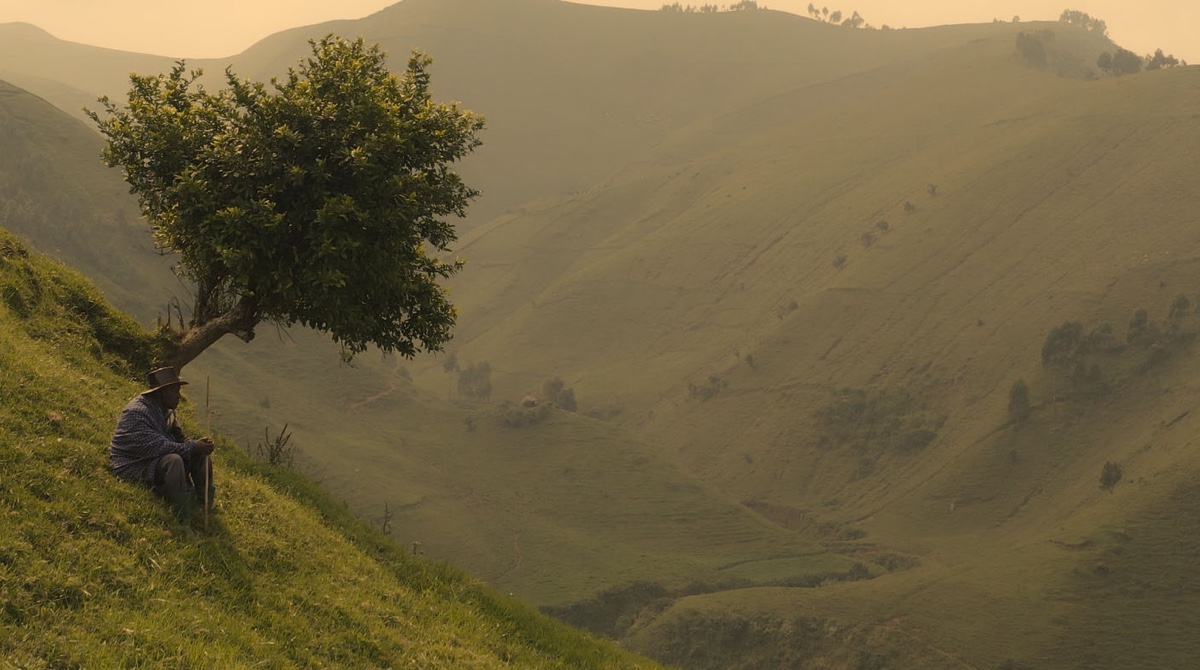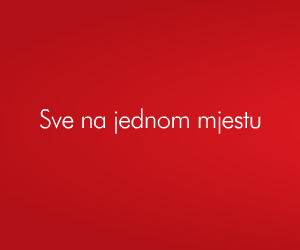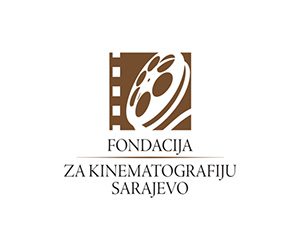
28/08/2021
I liked the idea of making a positive film about a country from which only bad news comes
“I would say Congo chose me”, Antonio Spanò said, Italian director who went to this country in 2011 for the first time to film his documentary "The Silent Chaos". After that he found himself filming 3 more projects in Congo, and the last one, documentary film ‘Amuka – Awakening’ is selected among 300 submitted into the competition of the 22 Mediterranean Film Festival. This is a story about farmers in Congo, country where agriculture accounts for 70% of the population there, but still one in six Congolese people suffer from hunger. Their voices resonate in this powerful, sensitive and sincere documentary.*Congo and you?
I love this Country, rich in beauty in its people and its territory. Unfortunately it's rich also in terms of minerals and natural resources that cause a lot of problems. When the producer Benjamin Stiénon proposed me to film ‘Amuka’ I accepted because I liked the idea of making a positive film from the land so conflicted and exploited where only negative stories are reported too often.Congolese farmers - these are not stories that are often heard 'outside'. I went in 2016 for a month to do the casting and meeting the farmers. I always want to meet the person and let them know me as well. First of all human relationship then, if we enter into a connection, I start thinking about them as characters in the film. I met them and I listened to them. I listened to their stories, to their feelings and ideas about life and the world they live in. As a director I am looking for compelling stories and I think that in 'Amuka' incredible lives that enrich the viewer are portrayed.
You say they are 'hope-gatherers'?
In which other way could we describe them? Imagine living in a Country defined as the perfect example of state failure, to live in the region in a state of warfare for 25 years. Imagine living in a society where there are no facilities and the basic needs are denied or inaccessible. Keep imagining that you have to choose between buying the medicines for your children or use that money to buy the seeds for your fields. There is no credit for farmers, no agricultural credit. Congo could feed 3 billions of people every year! But still Congo imports products from abroad like rice from Asia, Palm oil from Angola etc., products that Congolese farmers provide. The government instead of helping the farmers prefer to import goods from abroad. It's a scandal. And this is just the beginning. And yet these farmers keep working, struggling and have a positive attitude. Unbelievable how strong they are. I think they are real role models. Unseen and unheard, but they are there bringing hope and being examples for the children and the young generations.
Corruption has turned absolutely everything upside down. Taxes are high, ordinary people live on the edge. Is there any hope at least for some small moves forward?
The protagonists of 'Amuka' are the living proof that there's still hope. All I can say is that despite all the bastards that destroyed, and are still destroying Congo, the ordinary people are carrying the country on their shoulders and make small moves forward. But it's not sufficient. I think the government, the international authorities and NGOs environment too should take their responsibilities and change mentality. They should realize that the pattern they follow has failed and now it's time for the awakening. They should follow the path indicated by the farmers and take the ordinary people into account.
And foreigners have their fingers in it, they are the ones who have exploited them for years and extracted their wealth, and they still do it today. The paradox is that they are too rich, which is why they are poor. Is that some kind of curse on them?
It's exactly the way it is. I think there's a lot of good initiatives and good projects. But also I think, and I know I am being provocative, that it would be the right time for the foreigners to let go and stop perpetrating the same patterns of exploitation.
Does the film also carry a political message?
Not in a strict sense but of course in the highest sense of the word we can consider it as a political one. Where there is a community there's politics. In ‘Amuka’ the viewer can listen directly from the farmers what's going on in their reality. I can't stand films with messages, the filmmakers shouldn't be messengers. The films, fiction or documentaries, must be good and true, they should be meaningful. I don't like when films are made with the intent of indoctrinating the viewer and I've seen a lot of these lately.
Do you plan to screen the film in Congo?
Benjamin and I would love to screen ‘Amuka’ at least in the 4 regions where we filmed. We're trying to organize something and we hope we will be able to do it.Your films have won numerous awards, today you are known as one of the most awarded Italian documentary filmmakers.
How much does this mean to you and how do you choose topics?
I was lucky for the success my previous documentaries received and I hope that ‘Amuka’ will be appreciated too. It's rewarding because I put all of myself in my projects and the process involves a lot of people that support me. It's very tough to make a documentary in terms of sacrifices, time and energy but when one of my films is screened in B&H, Colombia or Mongolia it means a lot to me. I have always chosen topics that made me feel emotions and I have always put the experience of mankind at the heart of my films. The criteria I follow before putting myself into a project are these: is it meaningful for me? Am I deeply passionate? Am I the right person? Will the people feel emotions watching it? If these questions have the right answer I’ll dive into it.
What project are you currently working on?
I have in development my first feature fiction film and another feature documentary, guess the country?
*Text was published in Večernji list


